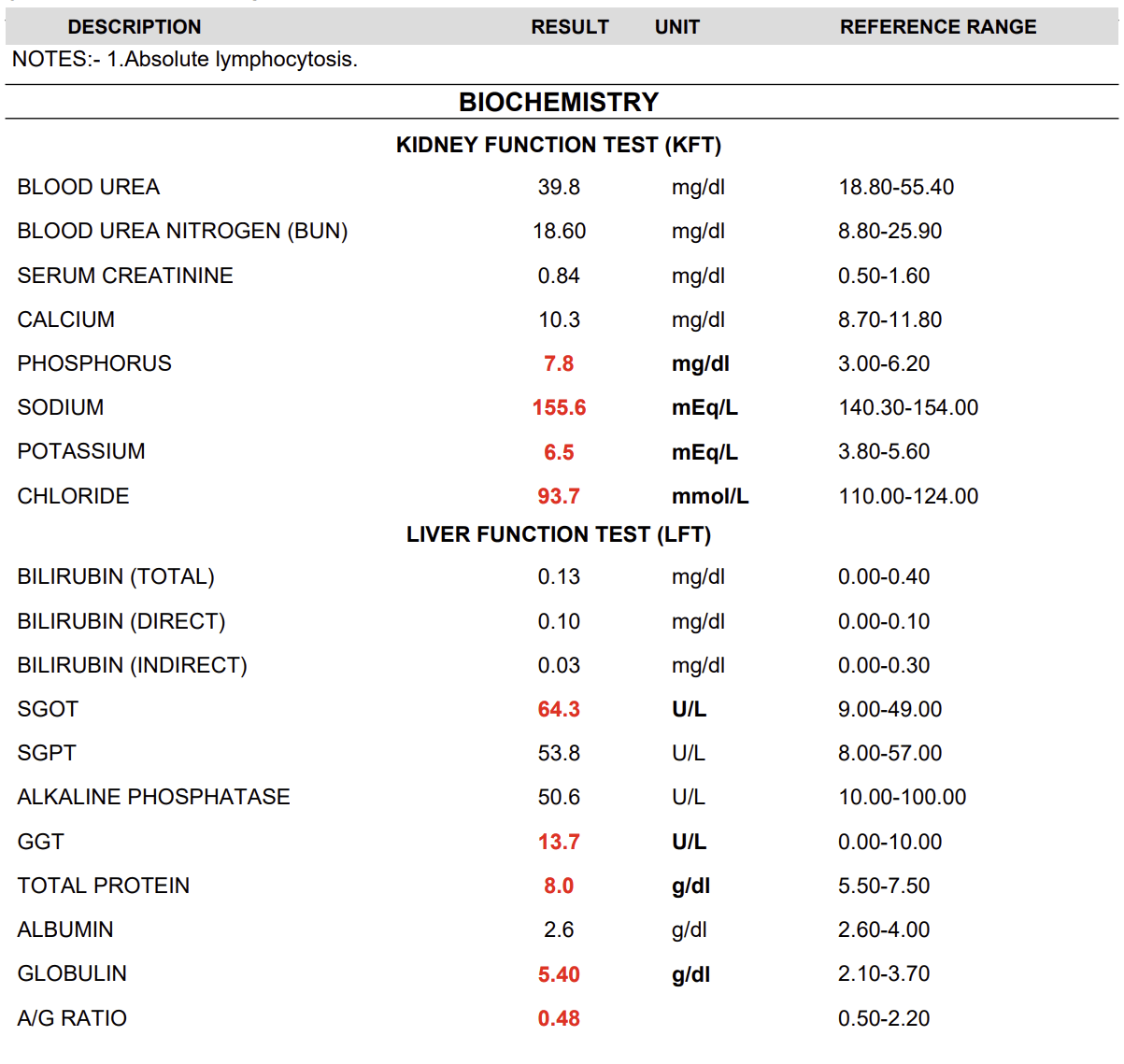Seizures, also known as “fits,” can be terrifying moments for pet parents. They may seem sudden and violent, but they are often signs of underlying issues that need attention. In this article, we’ll break down what seizures are, what causes them, how to manage and prevent them and we’ll share Bella’s journey to help you better understand and relate.
Points to be noted
🧠 What is a Seizure in Dogs?
A seizure is an abnormal burst of electrical activity in the brain. It can last from a few seconds to several minutes and might involve:
- Collapsing or falling to one side
- Muscle twitching or tremors
- Foaming at the mouth
- Paddling legs
- Loss of bowel or bladder control
- Confusion or disorientation post-episode
🩺 Root Causes of Seizures in Dogs
There isn’t one single cause. It can be triggered by various health conditions:
1. Idiopathic Epilepsy
Most common in young dogs. No known cause, but usually genetic. Pugs like Bella are prone.
2. Metabolic Imbalances
- Liver dysfunction (Hepatic encephalopathy)
- Kidney failure
- Low or high sodium levels
- Low blood sugar (hypoglycemia)
Bella’s test shows:
- High Sodium (155.6)
- High Potassium (6.5)
- Low Chloride (93.7)
- High Phosphorus (7.8)
- SGOT & GGT slightly elevated
These point toward possible electrolyte imbalance and early hepatic/kidney-related strain — both can cause seizures.
3. Infectious Causes
Like canine distemper or parasitic infections (ticks, tapeworms).
4. Head Injury or Tumors
5. Toxins
Accidental ingestion of chocolates, xylitol, pesticides, etc.
6. Improper Deworming
Yes, worm burden can trigger neurotoxicity. Especially in pups or pets not dewormed properly or consistently. Tapeworms in the brain (neurocysticercosis) is rare but real.
🐾 Bella’s Story: A Case Insight
Bella is a 5-year-old Pug who recently experienced another seizure episode. The symptoms were:
- Trembling in the lower body
- Foaming at the mouth
- Involuntary urination and stool
- Lasted a few minutes
- Slight panting afterward but returned to normal soon
Last Episode: 28th December
Current Episode: April 16th
Gap Between Seizures: ~3.5 months
Current Weight: 10.5 kg
She was prescribed an Ayurvedic anti-fits medicine, which wasn’t completed. Her recent biochemistry shows electrolyte imbalances and possible early liver strain.

🌿 Treatment Options
💊 Conventional Medication
- Phenobarbital
- Levetiracetam (Keppra)
- Potassium bromide
- Always to be started under veterinary supervision.
🧘♂️ Ayurvedic Remedies (Consult Ayurvedic Vet First)
- Himalaya Anxocare – helps with brain health
- PetVed Anxocalm – stress relief
- Vrkshved Epilepsy Support Tonic – works on neurological balance
- Ashwagandha + Brahmi + Shankhpushpi blend – reduces nerve excitability
⚠️ Avoid restarting old medicine without vet re-check, especially since Bella’s sodium and phosphorus are elevated.
🍖 Diet & Lifestyle Support
- Use a low-phosphorus, low-sodium diet
- Add Omega-3-rich foods (like fish oil)
- Ensure proper hydration
- Avoid salty treats
- Regular deworming (every 3 months)
🧼 How to Deworm Properly
- Use broad-spectrum dewormers like Drontal Plus or Canworm every 3 months
- Rotate brands every year
- Deworm on empty stomach in the morning
- Always consult the vet for correct dosage (based on weight)
🆘 What to Do During a Seizure
- Stay calm
- Keep away any objects that might hurt your pet
- Don’t touch the mouth (no, they won’t swallow their tongue)
- Time the episode
- Cool the room if it’s hot
- Record a video (helpful for diagnosis)
💡 Prevention Tips
- Regular vet checkups (LFT/KFT every 6 months)
- Deworm consistently
- Maintain healthy weight
- Use pet-safe environments (avoid toxin exposure)
- Build immunity naturally with supplements
🔁 When to See a Vet Immediately
- Seizure lasts more than 5 minutes
- More than 1 seizure in 24 hours
- Dog doesn’t regain awareness post seizure
- Dog appears weak, confused or blind afterward
🧪 Reference Links & Research Sources
- AKC – Seizures in Dogs
https://www.akc.org/expert-advice/health/seizures-in-dogs/ - VCA Animal Hospitals – Epilepsy in Dogs
https://vcahospitals.com/know-your-pet/seizures-in-dogs - PubMed – Electrolyte Imbalance & Seizures
https://pubmed.ncbi.nlm.nih.gov/20678653/ - Dr. Karen Becker (Mercola) – Natural Management of Canine Seizures
https://healthypets.mercola.com/sites/healthypets/archive/2014/01/20/seizures-in-pets.aspx

Leave a Reply